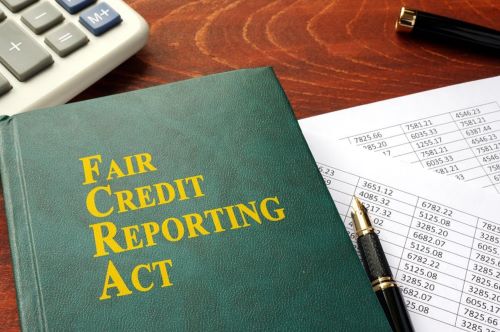

When your credit history receives unexpected dings, it’s easy to feel overwhelmed. A Fair Credit Reporting Act lawyer can highlight inaccuracies and defend your rights under federal law. In Reston, Virginia, consumers juggling mortgages, car leases, or small business loans may find that even minor slips in their credit files carry serious financial consequences. Understanding the ins and outs of credit reports can feel like decoding a foreign language—wrong addresses, outdated balances, or duplicate accounts can derail approvals and inflate interest.
Thankfully, local attorneys versed in the Fair Credit Reporting Act (FCRA) spot these mistakes, draft persuasive dispute letters, and press credit bureaus to update flawed entries. Beyond correcting reports, they advise on safeguarding against identity theft, pursuing claims when agencies ignore their obligations, and recovering compensation for any harm caused. Partnering with a Reston-based firm brings regional insight and federal expertise, which helps you reclaim control of your credit and confidently move forward.
The Fair Credit Reporting Act Explained
The FCRA is an essential class of consumer protection laws, created to establish fairness, accuracy, and privacy in collecting and using consumer credit information. It guarantees access to credit reports and the ability to dispute inaccuracies. According to the law, credit reporting agencies must maintain accurate information, but there is a remedy for addressing errors.
Detecting Mistakes on Credit Reports
Credit reports often contain errors. These can be as benign as an incorrect data entry or as severe as identity theft. Some of the most common inaccuracies include incorrect personal details, obsolete account statuses, and duplicate entries. An FCRA attorney knows how to identify these mistakes. They identify the gaps and help people to make corrections.
Ways to Challenge Mistakes with Credit Bureaus
When an error is detected, disputing it is the key point. But that can become a little complex and time-consuming task, which is where FCRA lawyers come in to make it easy. These professionals help with dispute letters, the documents needed, and other essential details. They know the law and can frame the dispute correctly. They don’t wait; instead, they immediately contact credit agencies to rectify errors.
Identity Theft Protections
Identity theft can indeed be a danger to personal and financial security. It can be hard for victims to remove fraudulent actions from a specific credit report, where FCRA attorneys come in. They provide advice on how to safeguard confidential data and take preventive measures. Such attorneys recover credit standing by eliminating unauthorized transactions and cases of identity theft.
Lawsuits for Non-compliance
The Fair Credit Reporting Act places strict obligations upon credit bureaus. Failure to follow these laws can result in criminal charges. Although credit agencies can fall short when disputing items, consumers may need to file a lawsuit. With the help of an FCRA lawyer, clients can navigate the complexities entailed in filing suits and defending themselves in court to protect their rights.
More Than Money
Misguided mistakes on reports can detrimentally shift lives. The repercussions of loan denials, increased interest rates, and tarnished reputations can all follow. A person affected by such discrepancies may be eligible for compensation. FCRA lawyers consider the level of harm done and pursue appropriate relief. They follow the law to get financial compensation for the victims.
Managing to Thrive for the Long Haul
FCRA lawyers do not just solve immediate problems; they help with long-term financial well-being. They help clients keep their records clean by fighting for fair credit reporting practices, thus protecting them from repeating the same mistake. Improved credit scores help consumers secure more advantageous financial situations.
Teaching Consumers About Their Rights
The more you know, the better you can save yourself. FCRA lawyers teach clients about their rights under the law. They also help explain the nuances of the FCRA and inform consumers of their protections. With this knowledge, consumers are more proactive regarding monitoring their credit and resolving potential issues.
Conclusion
A Fair Credit Reporting Act lawyer does more than fix credit report mistakes; they specialize in consumer protection law and preserve individuals’ rights. They provide all the support you need by pointing out mistakes, disputing errors, and providing legal representation. Through this, they assist clients in making arrangements for a safe financial future and peace of mind. Knowing their function helps a person overcome whatever difficulties they may face. They will help you secure economic stability and protect you from impending threats.


